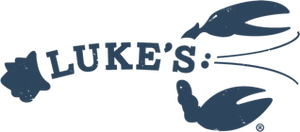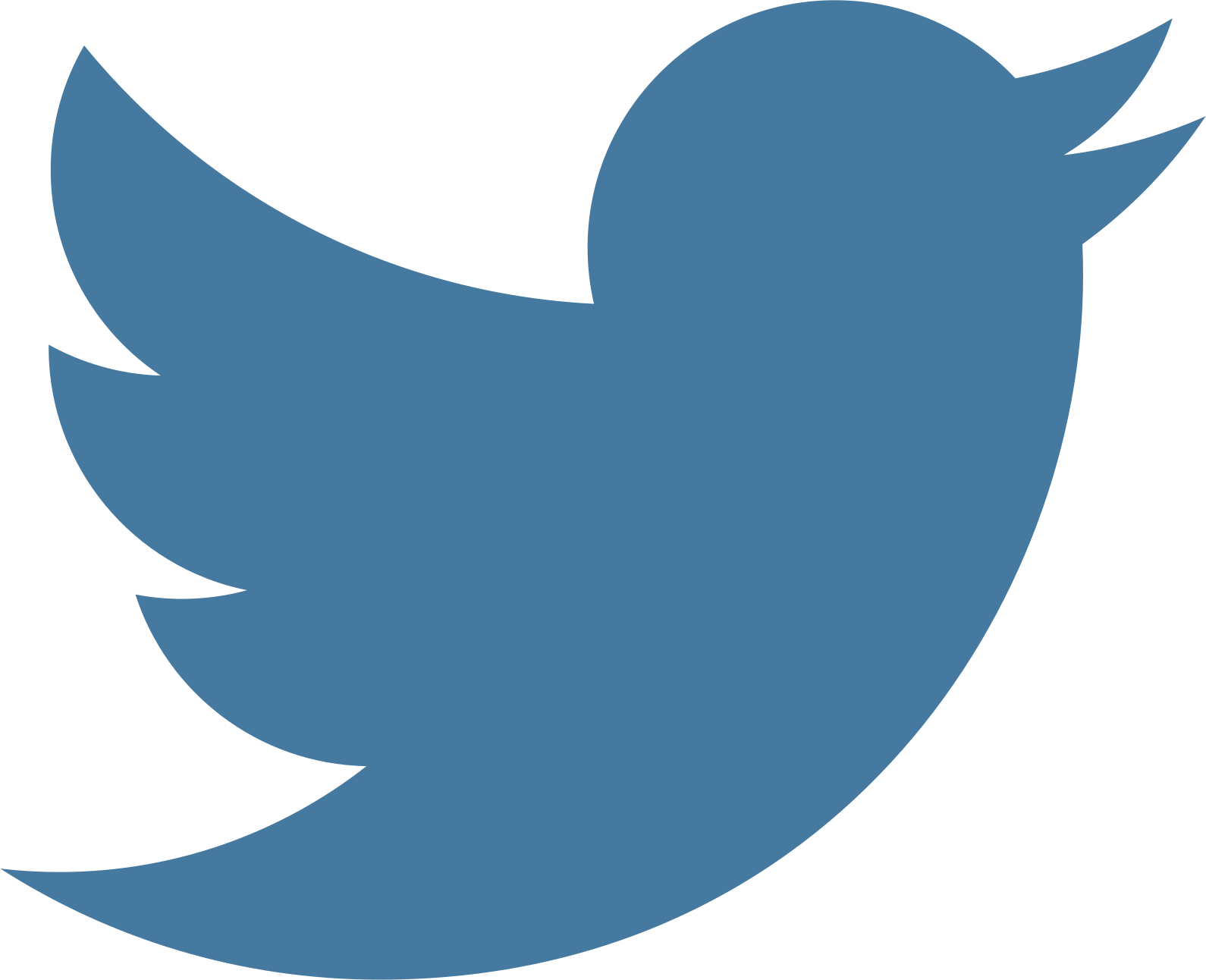
World Oceans Day
As a seafood company, we are intrinsically linked to the ocean and the species that inhabit it. For World Oceans Day 2021 the theme is Life and Livelihoods, so we partnered with Island Institute to take the opportunity to hear from other people in our community whose livelihoods depend on the ocean and all that it provides.
Lauren Gibson
Lauren Gibson, VP of E-Commerce and former Culinary Director at Luke’s knows what it means to rely on the abundance of the ocean for her work. “The very core of our business is to buy and sell sustainably sourced seafood from fishermen and local coops we know and trust. But that really is just the tip of the iceberg — no pun intended.”
Luke’s has been sourcing and processing lobster and crab from along the Northeast coast for more than a decade. And believe it or not, we can taste the difference. “The Gold Standard Lobster and Crab committee at Luke’s is made up of teammates from across our business that meet to conduct blind taste tests on our products. We have been able to taste differences in lobster and crab based on time of year, location, water temperature, and more,” according to Gibson. In addition to ensuring consistent quality for all products, Luke’s has created multiple different products to ensure no part of the crustaceans are going to waste. “It’s important to us that we utilize every part of the lobster, so we have created new products and innovative ways to limit, if not eliminate, waste. The whole tails that remained after picking the knuckle and claw meat are now packaged for consumers and sent to Whole Foods, we created a delicious lobster cake using lobster mince byproduct that is also available at Whole Foods, and more recently we began crushing and drying our lobster shell and making it into an all-natural plant food which not only eliminates waste but adds value back into the lobster supply chain.”
In addition to our staple lobster products, Luke’s has partnered with the Island Institute to introduce 6 new species to our Online Market, all of which are tightly regulated and monitored, and many of which are also underutilized. “Overfishing is a problem we recognize is harmful to both the ocean and the species itself, so we want to use our platform to educate consumers on what species are best to buy and provide people with easy access to safe, sustainable seafood,” says Gibson.
Sam Hyler
Lobstermen and other fishermen have a connection to the ocean unlike many others. They not only rely on it for their livelihoods, they are also passionate about protecting it for future generations to come. Sam Hyler, a lobsterman out of the Cranberry Isles Fishermen’s Coop, says his connection to the ocean runs deep. “It’s part of my identity. Of course, the ocean is my way of supporting my family, but it also runs in my veins, I feel called to it.” Sam says when he is off the water for a number of days he can feel it in his body. “The Gulf of Maine and our oceans are extremely important to my family's livelihoods but also extremely important to my mental wellbeing. When I leave the harbor in the morning I feel a sense of freedom that I don’t get anywhere else but on the ocean.” While fishing the Gulf of Maine, Sam has seen changes in weather and temperature but he remains hopeful and steadfast that the future of lobster fishery and the Gulf of Maine is bright as long as we all continue to be “good stewards” to the oceans. “Whether you’re walking on the beach or going on a boat ride, leave no trace.”
Jodi Brewer and Alex Hutchins
Jodi Brewer and Alex Hutchins own and operate Morning Star Fisheries and grow and harvest kelp in the clean, cold waters of the Gulf of Maine off Southport Island. Fishing is a family tradition for the pair. Having both grown up in fishing families, they have been working on the water since they were young—Alex started lobstering at age eight. When the shrimp fishery closed in the Gulf of Maine in 2013, Alex and Jodi looked for other ways to diversify their business and continue to make a living on the water.
That’s when kelp came into focus. The time to seed and harvest kelp squared perfectly with downtime in Alex’s fishing schedule, so after an extensive amount of research that included participating in the Island Institute’s former Aquaculture Business Development program, they established a kelp farm of their own. One of the unique and amazing things about kelp aquaculture are the ways that it benefits the environment. The two are currently working with the University of Fairbanks to better understand the positive impact of their farm.
“I really enjoy the low impact,” said Jodi. “It actually helps the environment to grow our product. It does not use any kind of chemicals. We’re doing research with the University of Fairbanks to see how much the kelp will improve the water quality surrounding the farm.”
In addition to the good it can do for our oceans, kelp farming also provides an additional income stream, for the pair and the fishermen they hire, in the lobstering off-season.
“We really wanted our farm to include the local fishermen because we don’t have as many year-round fisheries as we used to,” shared Jodi. “So what we have done in our business model and our entire business plan, is incorporate hiring our local fishermen to help seed and harvest the farm.”
She added, “For me, that is a benefit. Employing local fishermen during a time of year when they don’t really have a whole lot going on…It was important to include them in it. Yes, on paper it’s our farm, but it’s really the fishermen’s farm.”
“I think the biggest thing for us is the positive environmental impact from the farm and the economic impact,” said Alex. “In our area of fishing, there is not a whole lot of money coming in in the Spring. We’ll start harvesting in April and then we’re done by May or mid-May, which timing wise is great for myself and the other lobstermen that I hire. It’s a quick influx of cash for them to get started in the spring, get their traps set, and feel good about what they’re doing.”
Krista Tripp
Krista Tripp was raised working on the ocean and playing on its shores on an island off the coast of Maine. In addition to running a lobstering business, she also owns and operates Aphrodite Oysters. As someone who makes her living from the sea and believes in creating a sustainable future for the next generation, we asked Krista what this day means to her.
“World Oceans Day means so many things to me! I love this day, because it is a day to reminisce on how important our oceans are by providing us with healthy, rich, bountiful seafood for the world to enjoy...Most importantly, World Oceans Day is a reminder to all seafarers, working waterfront people, and ocean lovers to do their part in protecting and ensuring healthy oceans for future generations!”
When we asked Krista what she liked most about her job, she had a lot to share. From having an office view of Maine’s beautiful coastline, seeing the sunrise and sunset daily, working with other dedicated folks in the fishing community, running her own business, and providing people with high-quality and delicious Maine seafood, it is clear that she loves her job.
“I really take a lot of pride in providing a high-quality seafood product to all lobster and oyster lovers, and I am always full of gratitude when I hear back from our customers about how wonderful a product we provided is!”
Krista’s dedication to a healthy marine environment has been shaped by her reliance on this critical resource as a lobsterwoman and oyster farmer, and its preservation is a value that she carries with her, both in her businesses and in her life.
“I think about future generations often, especially now that I have a little one on the way…I have always been an advocate for clean oceans. My family raised me this way because they too have relied on the ocean to make a living. I am a third-generation lobsterwoman, so I see the importance of keeping our oceans healthy and clean!”
This World Oceans Day, we are celebrating leaders like Lauren, Sam, Jodi, Alex, and Krista who are helping to keep our oceans clean; growing tasty, nutritious, and sustainable oysters; and providing people with high-quality Maine seafood.





